Looking for a foolproof brisket recipe that guarantees tender, juicy results every time? Skip the science lecture—this step-by-step guide delivers exactly what home cooks need: a simple 5-ingredient rub, precise cooking temperatures, and pro tips to avoid dry, tough meat. Ready in under 10 hours with minimal hands-on time.
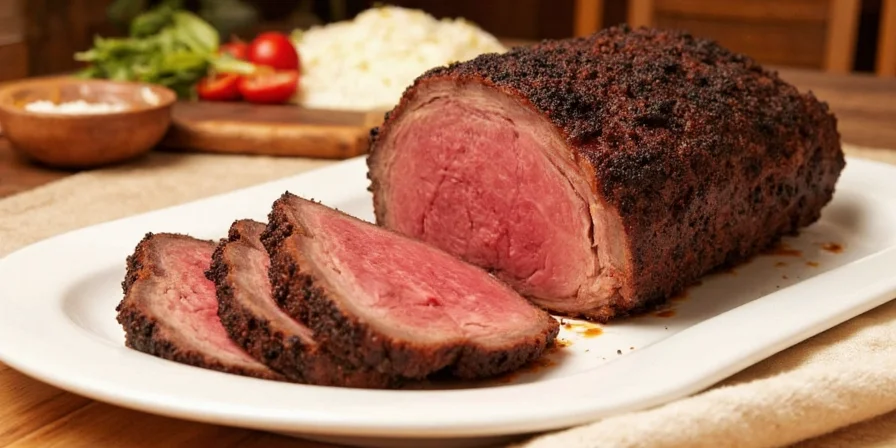
Brisket Basics: What You Need to Know
Brisket comes from the cow's lower chest and contains tough connective tissue that requires low-and-slow cooking to become tender. Choose the right cut for your needs:
| Cut Type | Fat Content | Best For |
|---|---|---|
| Flat Cut | Low to Medium | Slicing neatly (ideal for beginners) |
| Point Cut | High | Pulling/shredding (more flavorful) |
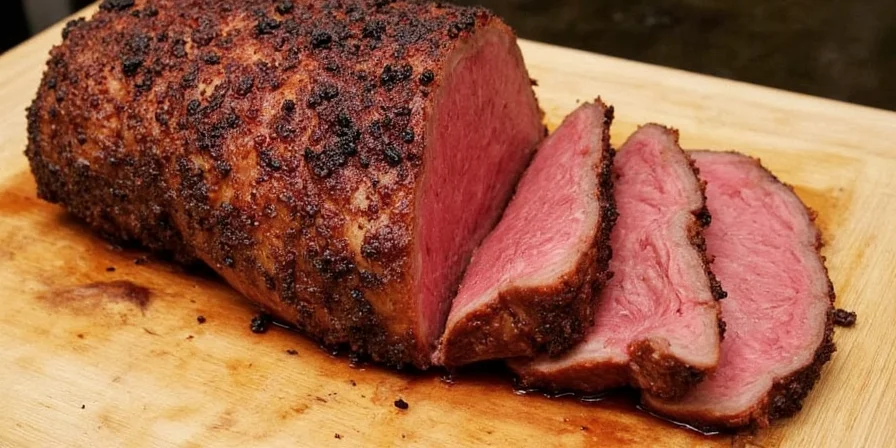
Your 8-Step Brisket Recipe (Works Every Time)
Total time: 8-10 hours | Hands-on time: 20 minutes | Serves: 8-10
Simple 5-Ingredient Rub
- ¼ cup paprika (for color)
- ¼ cup brown sugar (creates caramelized crust)
- 2 tbsp black pepper (essential for flavor)
- 2 tbsp kosher salt (keeps meat juicy)
- 1 tbsp garlic powder (no fresh garlic needed)
Step-by-Step Instructions
- Trim fat to ¼-inch thickness (don't remove completely)
- Mix rub and coat brisket generously on all sides
- Refrigerate uncovered 12-24 hours (critical for flavor)
- Preheat oven to 225°F (107°C)
- Cook uncovered until internal temp reaches 165°F (about 6 hours)
- Wrap in butcher paper with ½ cup beef broth
- Continue cooking to 203°F (another 4 hours)
- Rest 2 hours before slicing (non-negotiable!)
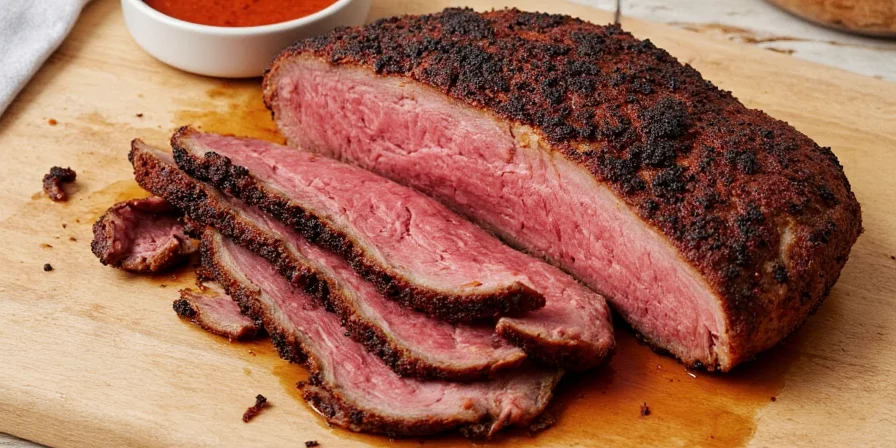
3 Game-Changing Tips From BBQ Pros
- The 2-Hour Rest Rule: Skipping this causes juice loss. Wrap in clean towels and place in empty cooler.
- Slice Against the Grain: Cut perpendicular to muscle fibers for maximum tenderness (see photo below).
- Rescue Dry Brisket: Simmer slices in beef broth for 15 minutes to restore moisture.
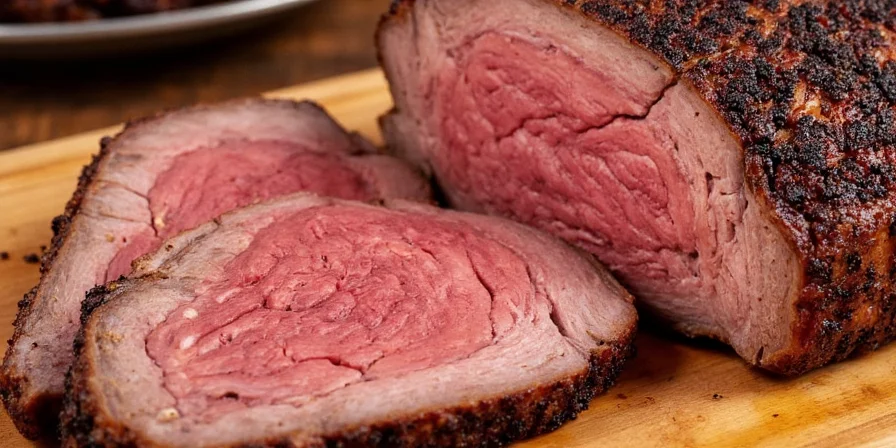
Fix Common Brisket Problems in Minutes
| Problem | Quick Fix |
|---|---|
| Dry, tough meat | Simmer in beef broth for 15-20 minutes |
| Bland flavor | Brush with 1:1 apple cider vinegar/water mix |
| Bark too hard | Wrap earlier at 150°F instead of 165°F |
| Uneven cooking | Rotate pan halfway through cooking time |
Top 3 Brisket Questions Answered
How long does brisket take to cook?
Plan for 1 hour per pound at 225°F. A 12-pound brisket needs about 12 hours total (6 hours unwrapped + 6 hours wrapped). Always cook to temperature (203°F), not time.
Why is my brisket dry?
Three main causes: 1) Not cooking to 203°F internal temp, 2) Skipping the 2-hour rest period, or 3) Slicing with (instead of against) the grain. Fix dry brisket by simmering slices in beef broth for 15 minutes.
Can I cook brisket in 6 hours?
Yes with the 'hot and fast' method: Cook at 275°F until reaches 203°F (about 5-6 hours). Results won't be as tender as low-and-slow but works in a pinch. Don't skip the 2-hour rest period.
Perfect Pairings: 5 Sides That Complement Brisket
- Vinegar-based coleslaw - cuts through richness
- Creamy mac and cheese - soaks up juices
- Grilled corn - adds sweet contrast
- Pickled red onions - brightens heavy flavors
- Garlic mashed potatoes - classic comfort pairing
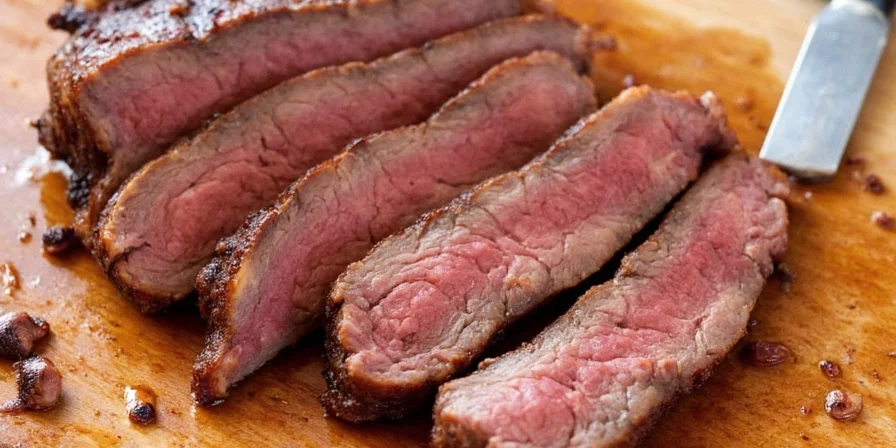
Key takeaway: Perfect brisket requires three non-negotiable steps: proper seasoning (with salt!), cooking to 203°F internal temperature, and resting for 2+ hours before slicing. Skip any of these and you'll get dry, tough results. Follow this method and you'll serve restaurant-quality brisket that impresses every time.
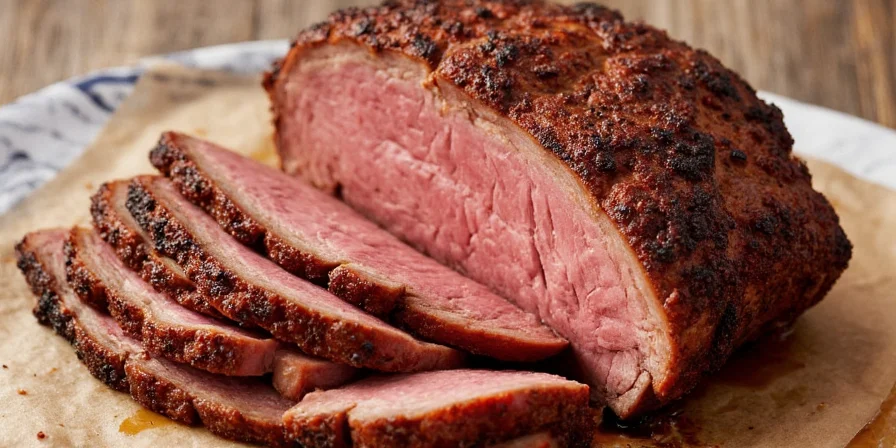

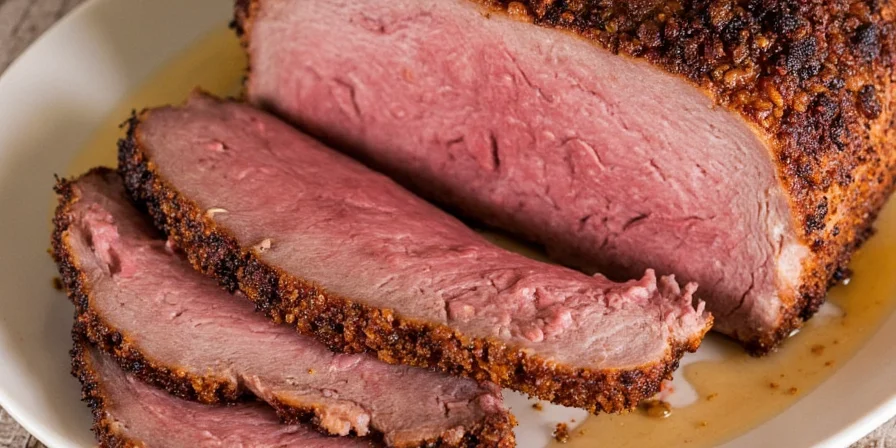









 浙公网安备
33010002000092号
浙公网安备
33010002000092号 浙B2-20120091-4
浙B2-20120091-4